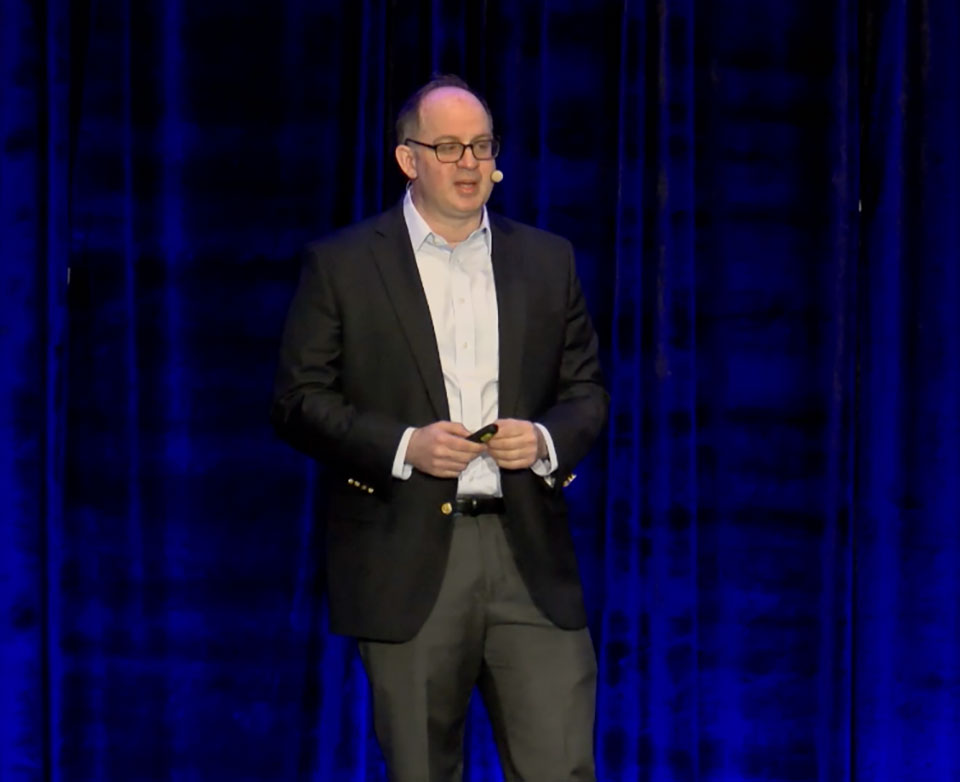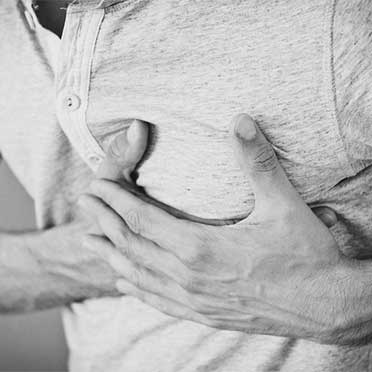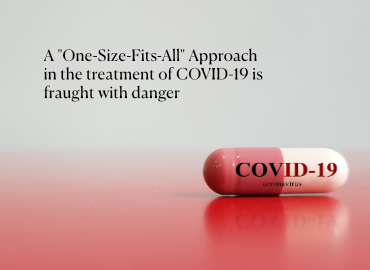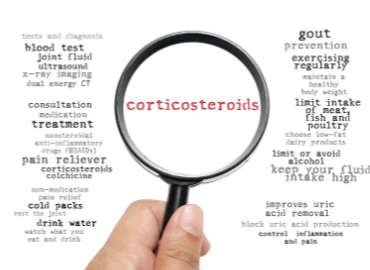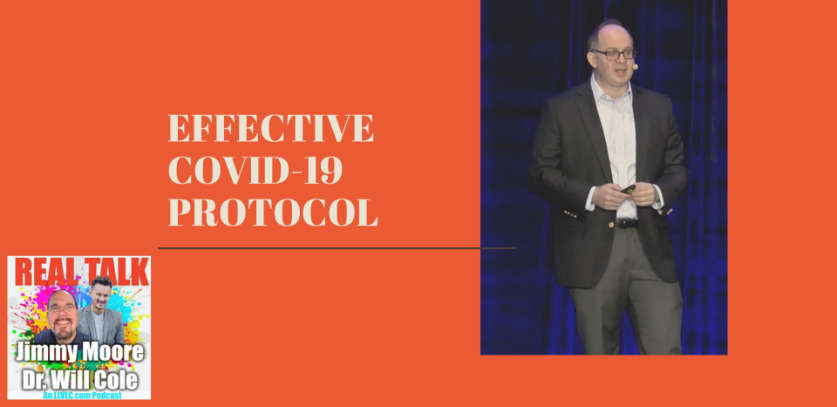Dr. Berkowitz, is board certified in internal medicine and has attending privileges at Lenox Hill Hospital in Manhattan, giving him expertise in both conventional and complementary medicine. He was the Medical Director of the Atkins Center for Complementary Medicine, an attending physician at Lenox Hill Hospital and a clinical instructor at the New York University School of Medicine.
- Atkins Diet
- Ketogenic Diet
- Paleo Diet
- Intermittent Fasting
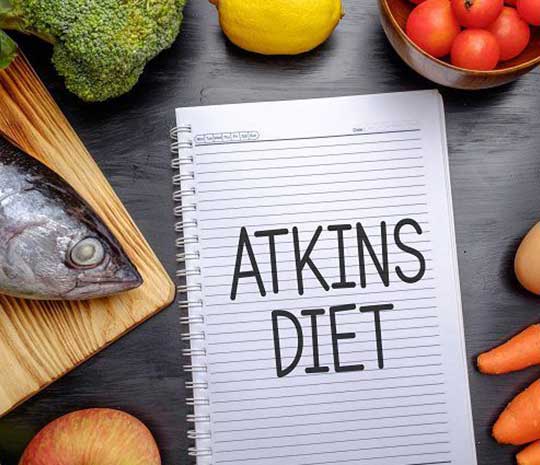
With Atkins, you will choose food, not calories. While quantity plays some role, it's far more important to know what your body does with what you eat. The Atkins way satisfies the body, creating greater energy, a steady fat burning metabolism, and less stored fat. Many carbohydrates are really just complex sugars, and when there is too much sugar in your bloodstream, your body stores it as fat. A low carb diet focuses on limiting carbohydrates to help the body burn fat instead of sugar for fuel. This results in you feeling more satisfied and creates more energy, a higher metabolism, and less stored fat.
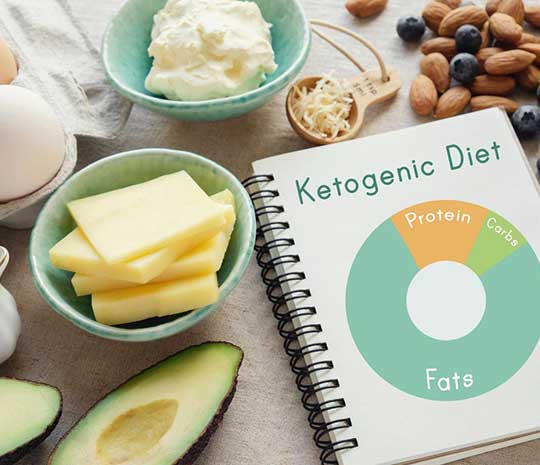
The Ketogenic Diet looks to fat for up to 90% of total intake, protein for 10-20%, and carbs for close-to-zero. It is a limiting diet, but for some of our patients, can be life altering when done over short periods of time. The Ketogenic Diet can result in weight loss, improve blood sugar, and has been shown to be good for those with brain injuries. Most dairy, fruit, grains, beans and legumes, starchy and sweet veggies, and all processed food, are out. Healthy fatty foods like avocado, coconut, egg yolks, bacon, a bit of protein, and small portions of low-carb veggies are in.
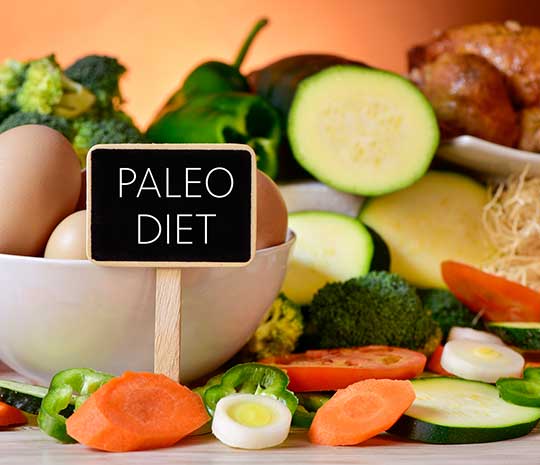
The Paleo Diet, aka "the caveman diet," or the "paleolithic diet," is based on this premise: since the agricultural revolution, we've been eating foods our physiology hasn't adapted to. By cutting out gluten, dairy, legumes, refined foods, trans fats, and sugar, we're more equipped to fight off degenerative diseases and digestive disorders. Paleo nutrition calls for the consumption of "caveman foods" like grass-fed meat, fish, seafood, fruit, vegetables, eggs, nuts, and healthy oils. Many of our patients have had incredible health results from the Paleo Diet, including weight loss, decreased cholesterol, and no brain fog.

Intermittent fasting (IF) is an eating pattern that cycles between periods of fasting and eating. It doesn't specify which foods you should eat but rather when you should eat them. In this respect, it's not a diet in the conventional sense but more accurately described as an eating pattern. Common intermittent fasting methods involve daily 16-hour fasts or fasting for 24 hours, twice per week. Fasting has been a practice throughout human evolution. Ancient hunter-gatherers didn't have supermarkets, refrigerators or food available year-round. Sometimes they couldn't find anything to eat. As a result, humans evolved to be able to function without food for extended periods of time. In fact, fasting from time to time is more natural than always eating 3-4 (or more) meals per day.



